family background / Pierre is the son of Peter and Donna Paradis, who were among the first wine grape growers in Oregon’s Abiqua Valley in the Willamette Valley Appellation.
age / 23
crops / Wine grapes
business / Manager, Pardis Vineyard and Rainbow Valley Enterprises
How did you get your start?
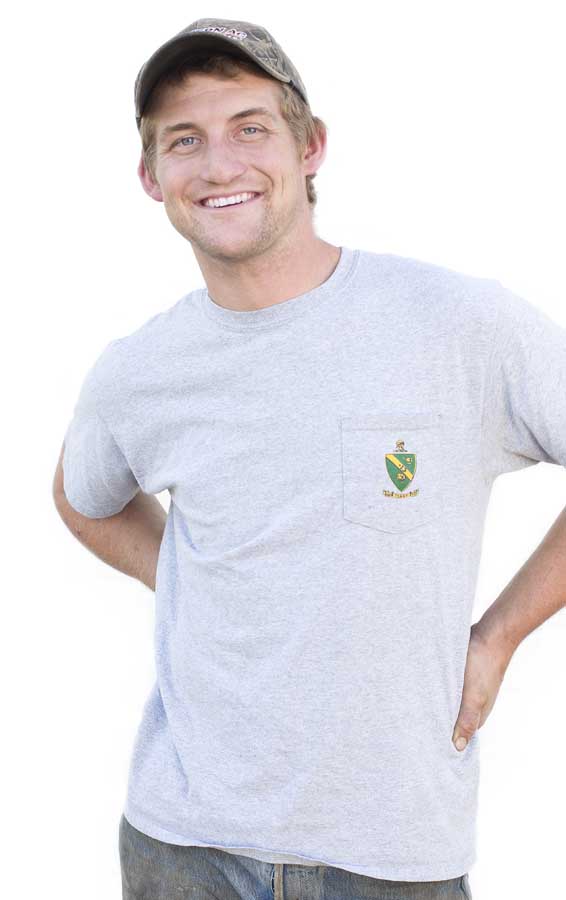 I initially got started in the vineyard doing jobs with Dad either out in the shop or in the field.
I initially got started in the vineyard doing jobs with Dad either out in the shop or in the field.
Stuff like taking care of equipment so it would produce the results we wanted — from basic things, how to set a mower, to more complicated things like working with leaf removers and hedgers.
These were tools where you have a very narrow window of use, that you really need to know how to use it, quickly and correctly.
Some of the leaf removers you only have a few weeks to use them and then your chance is gone.
If you have any breakdowns, I learned that you’ve got to get them running, even if you have to fix it overnight to get it back in the field.
What’s the value of higher education to you?
I decided to go to college because I knew what we were doing in the vineyard, but I didn’t understand why we were doing what we were doing.
At Oregon State University, I’ve learned why we prune a certain way, better leaf removal methods, or why we cultivate every other row — that’s why I am pursuing it.
How do you grow your grapes?
In Oregon, the predominant wine grape is Pinot Noir, usually in small blocks, managing them with a high attention to detail.
Really taking care of the vines cluster by cluster. It’s pretty intense work out in the vineyard. There’s a lot of things that are done by hand, and really only recently are we starting to do things mechanically.
With better machines available, we’re beginning to introduce them into our programs to reduce costs and labor.
What is the major growing challenge?
In the Willamette Valley, it rains enough through the summer that a lot of vineyards don’t have irrigation.
Contrary to other growing regions, where you can use water to help control your vigor, here we don’t have a lot of ways to control vigor.
You end up having to control it in other ways. Things like hedging. In one year we’ll hedge maybe four times, especially in vigorous sites.
Other growing regions may not hedge at all because they can just ratchet down the water to the point where your canopy stops growing. Restricting the water to keep the plants going and ripen your fruit but you don’t need to hedge.
Besides hedging, what other techniques do you use to control vigor?
One of the new things we’re doing on our farm is by increasing bud number.
Especially in those vigorous blocks we will do as much as double the number of buds. So when we prune, we’ll do a Scott Henry trellis system, keeping double the buds, which roughly translates to double the clusters.
This transfers some of the vigor that you would normally reduce through hedging back into the fruit, increasing yields. Without controlled irrigation you have to be careful with it because you run the risk of putting on too much fruit.
If you have too much fruit late in the season and it happens to be a cool year, you run the chance of fruit that won’t ripen in the Willamette Valley.
At our farm we may put on 6 tons per acre. If it’s a warm year, like in 2014-15 it’s not a problem. However, if it’s a cool year like it was in 2011 or 2013, then you just can’t get the grapes up to the sugar level you need before harvest.
What ways has your farm contributed to Willamette grape growers?
When my parents started growing, there wasn’t any mechanization for wine grapes in the valley.
One of the first things he did was mount a lawn mower deck to a loader tractor to cut the tops of the vines while another deck mowed the grass in between rows. It was pretty revolutionary considering all the hedging we do now.
Thankfully an uncle drove in and saw what he was doing and thought it was crazy. So they built one of the first sickle-style hedgers in the area.
It’s basically swather teeth inverted on its side. Now these hedgers can be found around the valley at other vineyards.
Why are you a farmer?
I really enjoy thinking about what problems I have in the field and working to solve them. One of my favorite times is harvesting in the fall.
I get a feeling of accomplishment, just being done and seeing the grapes drive off on the truck. I’ve grown this product — not necessarily created it — but you’ve helped it along as best as you can.

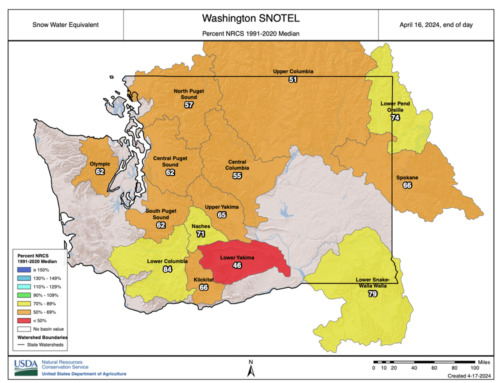
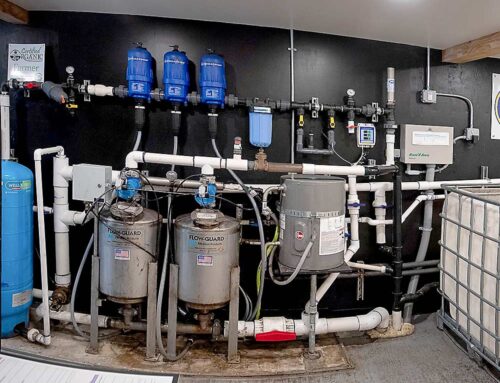
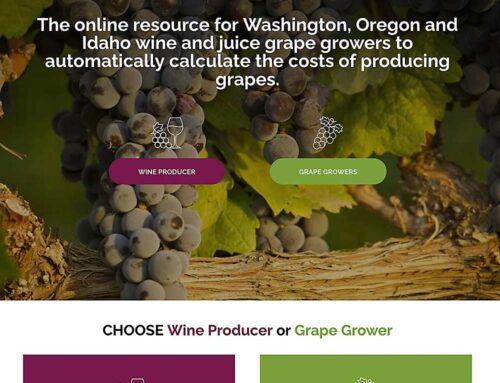

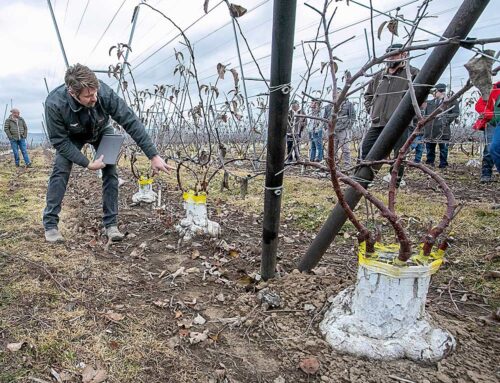
Leave A Comment